T4K3.news
Investigation Begins into Powassan Virus Case
Martha's Vineyard officials are investigating a confirmed case of Powassan virus, a rare tick-borne illness.
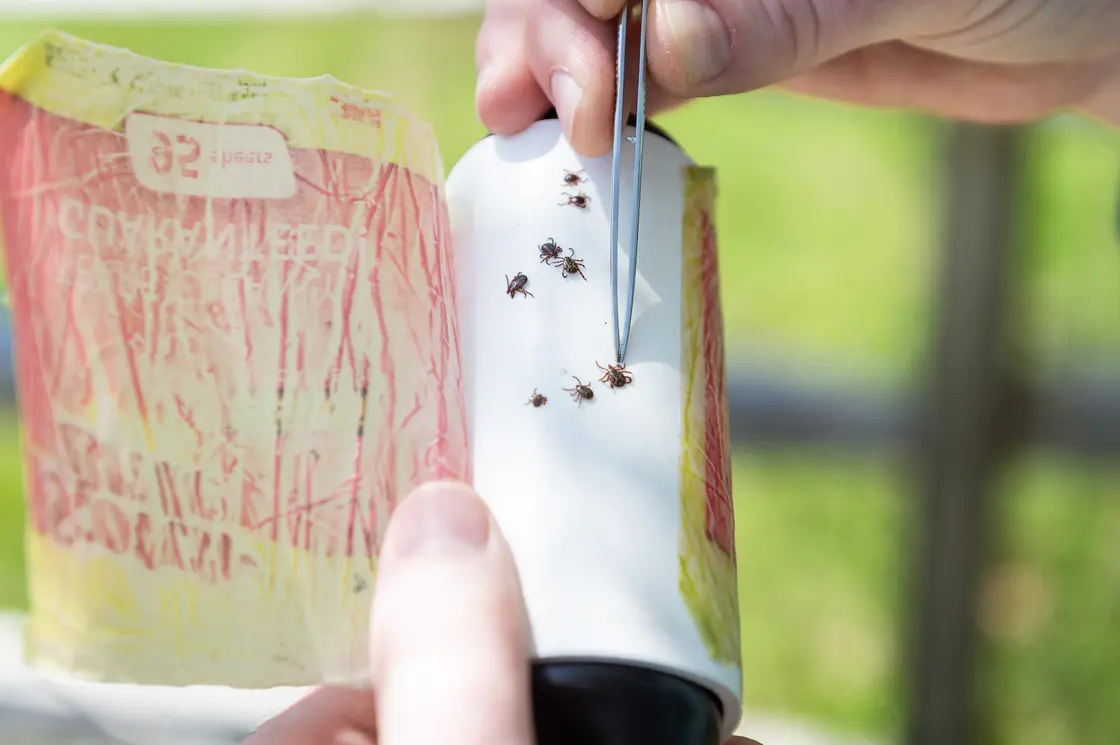
Health officials are addressing a case of Powassan virus, a rare tick-borne infection.
Martha's Vineyard Responds to Rare Powassan Virus Case
Martha's Vineyard health officials are looking into a reported case of Powassan virus, a rare infection transmitted by deer ticks. This virus, previously detected only once on the island in two decades, can cause severe neurological issues, and symptoms may develop rapidly after a tick bite. The person who contracted the virus remains unidentified as details about their location were not disclosed, but this incident comes amid a broader concern, with three other Powassan cases reported in Massachusetts this year. Experts emphasize that while the virus is present in a small percentage of deer ticks, severe cases remain unusual.
Key Takeaways
"Between 1 and 2 percent of nymph deer ticks on Martha’s Vineyard are infected."
This figure highlights the low percentage of infected ticks but emphasizes the need for care in prevention.
"Tick bite prevention needs to be a year-round habit."
This quote stresses the importance of consistent protective measures against ticks throughout the year.
The rise of Powassan virus cases in Massachusetts reflects ongoing public health concerns regarding tick-borne illnesses, particularly on Martha's Vineyard. The seasonal increase in tick populations, driven by tourist activity, poses a unique challenge for local health officials. While the risk of severe illness from Powassan is low, the potential for rapid transmission underscores the importance of public awareness and preventive measures. In seeking to protect residents and visitors, a proactive approach to tick prevention may prove essential as tourism continues to grow yearly.
Highlights
- Powassan virus can spread in just 15 minutes after a tick bite.
- The virus is present every year but severe disease is rare.
- Preventing tick bites is a year-round necessity.
- Tourism season poses a higher risk for tick-related diseases.
Potential Health Risks from Powassan Virus
The Powassan virus poses significant health risks, especially during peak tourist seasons and with increasing tick populations.
As the summer season approaches, vigilance against tick-borne illnesses is more critical than ever.
Enjoyed this? Let your friends know!
Related News

Investigation ongoing for possible Powassan virus in newborn
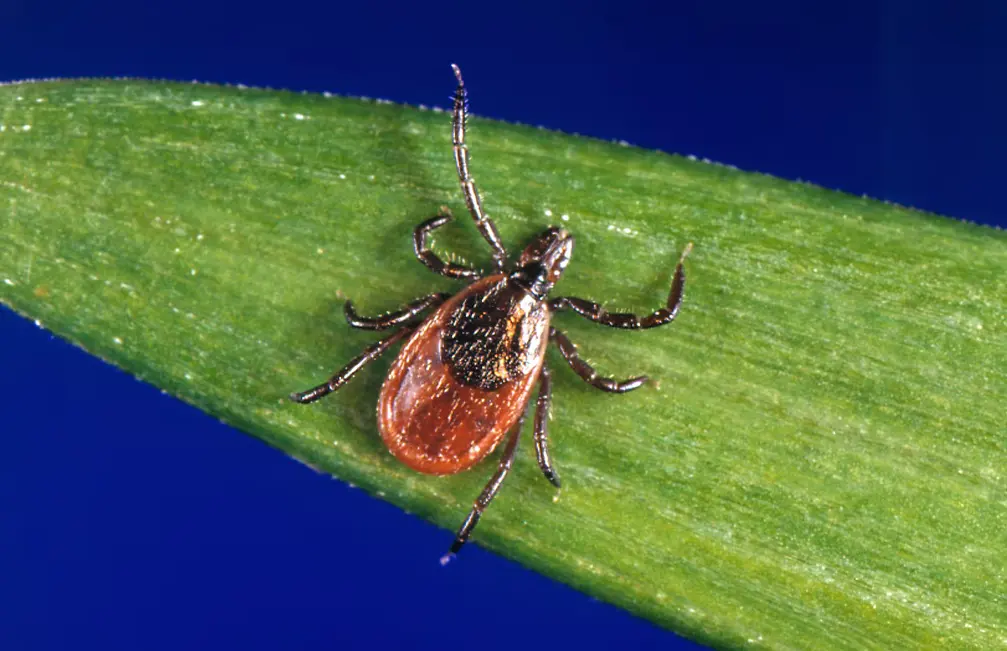
Investigation into Powassan virus case on Martha’s Vineyard

Newborn infected with Powassan virus in Martha's Vineyard
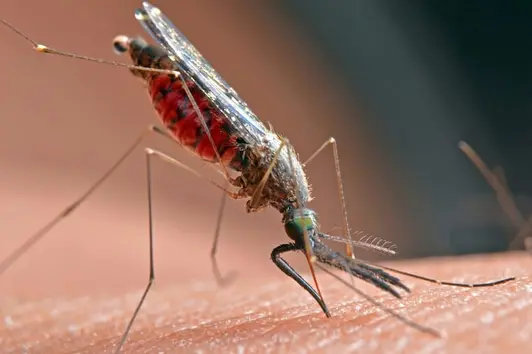
West Nile virus detected in Philadelphia mosquitoes
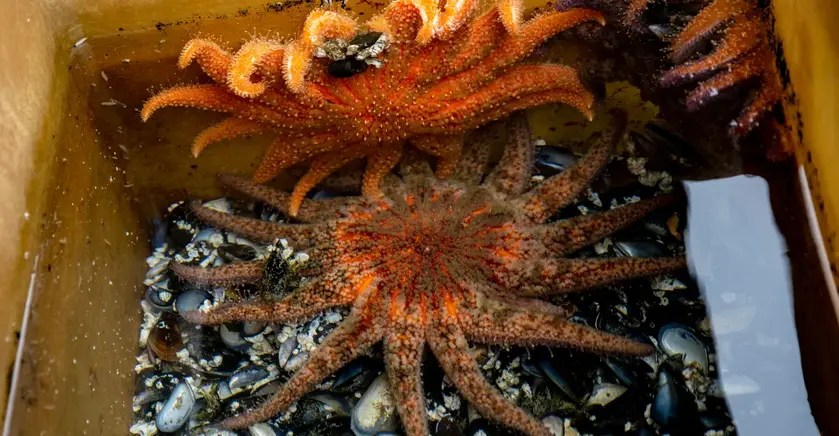
Breakthrough research identifies cause of sea star wasting disease

Maine reports first human case of Powassan virus this year
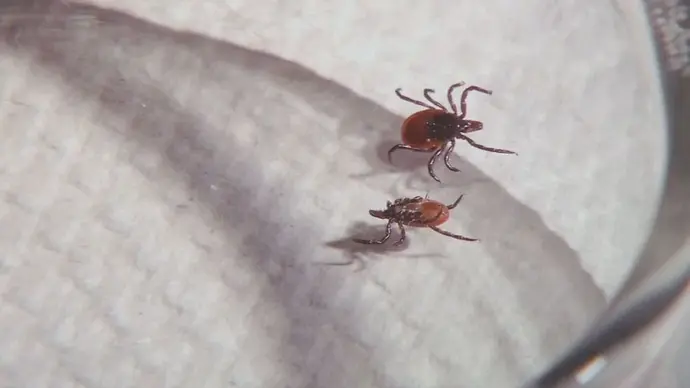
Maine confirms first Powassan virus case

Newborn infected with rare virus after Martha's Vineyard walk
